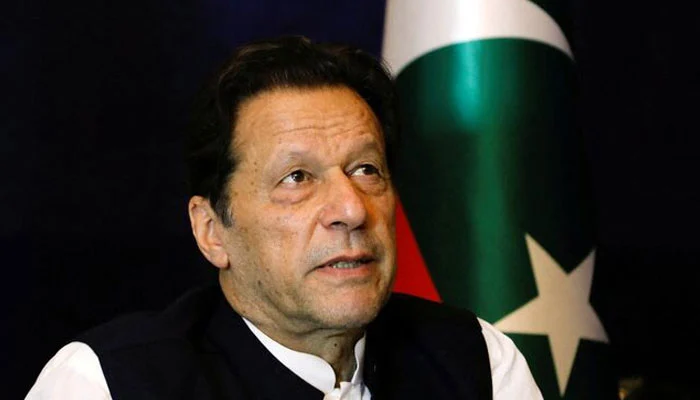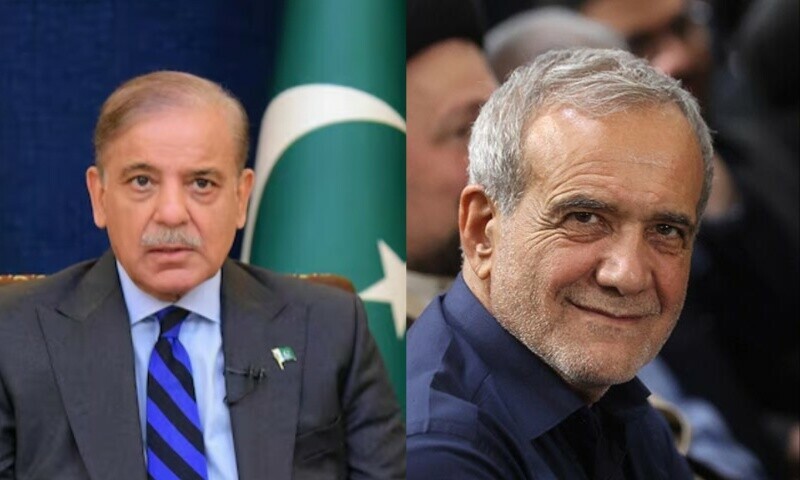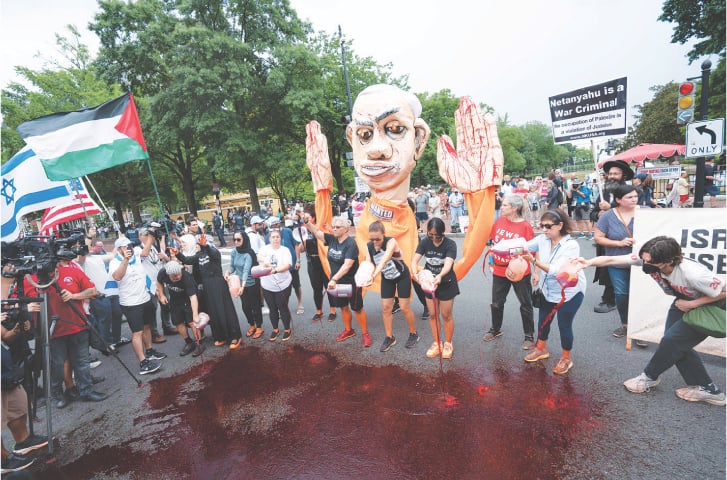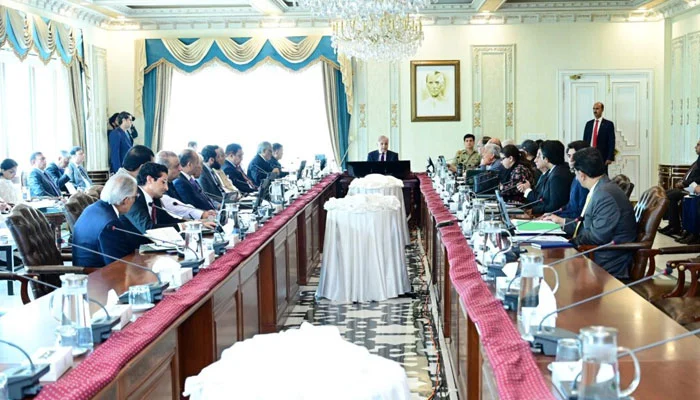
In an exclusive interview, Ali Sabry conceded the government made a mistake when it almost halved the rate of value added tax (VAT) to 8% in 2019.
Mr Sabry says the nation needs $4bn (£3.2bn) over the next eight months to pay for imports of daily essentials.
His comments come amid mass protests over government economic policies.
Mr Sabry – who is leading negotiations with the IMF as well as other lenders such as India and one of its largest creditors China – said raising taxes was just one of the difficult decisions he would have to make as talks continue over a bailout deal.
“We have to increase the taxes. We need to find a way to bridge the revenue gap and expenditure which we have,” he said.
He added that the current level of VAT is “definitely not sustainable” for a country like Sri Lanka that is dependent on the imports of essentials and said the rate should be raised to 13% or 14%.
He also admitted that a move to cut taxes in 2019 soon after Gotabaya Rajapaksa became president was wrong, adding that the government had waited too long before calling on the IMF for help.
Mr Sabry was also cautiously optimistic that the country will be able to start paying its international creditors again by next year, but said it was “very, very difficult for me to give a timeline, I hope and pray that it is as soon as possible, probably six months one year down the line. But I don’t know.”
Earlier this month, the Sri Lankan government said it would temporarily default on $35.5bn (£27.3bn) in foreign debt as the pandemic and the war in Ukraine made it “impossible” to make payments to overseas creditors.
Since then, it has officially requested emergency financial help from the IMF as bailout talks got under way in Washington.
Mr Sabry is leading the negotiations with the country’s diverse set of creditors on restructuring its loans, a prerequisite for an IMF package.
China is one of Sri Lanka’s largest creditors and talks between the two countries may be tough after Beijing signalled its displeasure over Colombo approaching the IMF for help.
Last week, China’s ambassador to Sri Lanka, Qi Zhenhong, said “China did its best to help Sri Lanka not to default but the government chose “to go to the IMF on short notice has unavoidably had some impact on the current discussions.”
Successful negotiations with China are crucial for Sri Lanka.
“The ambassador for China in Sri Lanka had mentioned that it was not the most desired thing for the Sri Lanka to go for IMF. But on our part, we did not have a choice, we will explain to them and we will continue to discuss with them and they are a good friend of Sri Lanka for a long period of time,” he said.
Meanwhile, India has offered a $1.5bn credit line for fuel supplies and Mr Sabry said India has agreed to another $500m credit line in principle.
Sri Lanka is set to receive $400m-$600m from the World Bank immediately, which could be used for “cash transfers and building a social safety net for the vulnerable,” Mr Sabry added.
The coronavirus pandemic, rising energy prices, tax cuts and rapidly shrinking foreign currency reserves have left Sri Lanka without enough dollars to pay for vital imports of fuel, food and medicine.
The capital Colombo has seen huge protests in recent weeks as the country has been hit by soaring inflation, shortages of essential goods and major power cuts.
On Thursday, many schools in the city were closed and several train stations deserted as teachers and train drivers joined mass walkouts as they called for the resignation of President Gotabaya Rajapaksa and his government.
Hundreds of workers from Sri Lankan state-run banks also joined other bank trade unions in a protest march to the president’s office as thousands of people took to the streets around the country.
Even as he leads negotiations to resolve Sri Lanka’s economic crisis, Mr Sabry said he had no indication of when shortages of essential items will end: “It all depends on how much of foreign currency inflows come to the country.
“So that all depends when the Sri Lankans decide to send their money through the proper channels, the banking channel.”
There is little sign of improvement in the amount of foreign currency arriving in Sri Lanka as money sent to the country by its citizens living and working abroad fell to $318m in March, almost half the level seen last year.






